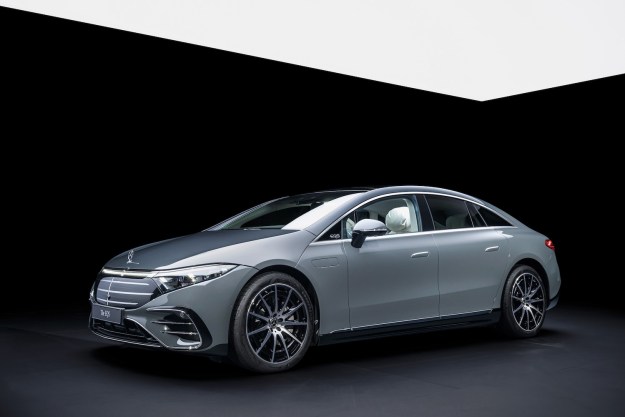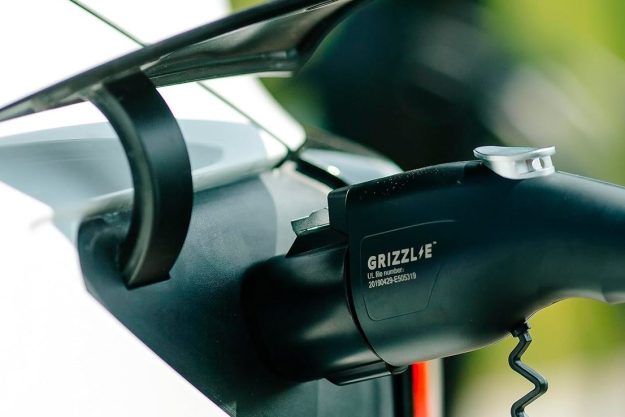Detailed recently by the Boston Globe, the Boston police department is suspending the use of automated license plate readers. These devices automatically check for violations such as outstanding warrants, stolen plates, lack of insurance or less severe violations like unpaid parking tickets. Starting during early 2013, fourteen of the advanced devices were put into rotation after a successful test phase of one of the scanners. Assuming all the devices were utilized out in the field on a regular basis, just fourteen of the scanners were capable of scanning up to four million automobiles per year.
Data collected by the scanners includes the license plate identification number, the date and time of the scan as well as the GPS coordinates of the scanned car. Hypothetically, this data could be used to track the movement of Boston residents as they travel around the city. In addition, it could be used to establish specific travel patterns of a vehicle in order to identify an anomalous deviation that could be related to participation in a crime.
The exact specifics of the type of data collected by police was uncovered by a public-records investigation organization known as MuckRock, operating on behalf of the Boston Globe. During January 2013, the investigators requested a sampling of the scan data from police. While initially reluctant, the police department eventually relented during April 2013 with a promise to deliver the data, but with plate information redacted to protect the privacy of Boston citizens.

When the information was released to MuckRock during July 2013, the investigators realized that the Boston police department released raw, unredacted data that included GPS locations and plate identification numbers for more than 40,000 vehicles driving around Boston. It took the Boston police department several months to officially acknowledge the mistake and the Boston Globe agreed not to publish any portion of the data.
This incident caused Boston police Commissioner William Evans to suspend the license plate scanner program this week. According to a statement released by Boston police spokeswoman Cheryl Fiandaca, she said “We just took [the scanner program] off-line while the commissioner reviews it.” The commissioner “wants to review it so he knows that it’s being used effectively and that it doesn’t invade anyone’s privacy.”
Based off the data, the Boston Globe also raised questions about the effectiveness of the license plate scanners. For example, a Harley Davidson motorcycle that had been reported stolen triggered the license plate scanners nearly 60 times during a five month period, usually around the same time each day. According to Boston police chief technical officer John Daley, the scanners issue an email alert to the stolen car department of the Boston police, but it seems unlikely that these alerts are followed up on quickly based on the motorcycle’s travel patterns.
Possible due to this privacy leak, Boston lawmakers are attempting to regulate the length of time that records of scanned cars are kept by the police department. While the Boston police promised to delete records after a period of three months, lawmakers want to reduce that time period to 48 hours unless a court order is involved.


